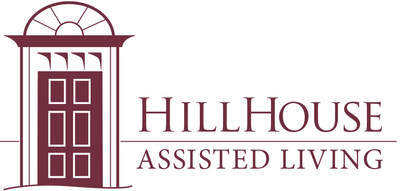|
The term “elderspeak” has been around for 40 years and while many of us use it frequently in our interactions with older adults, very few of us realize we are using it and even fewer know how harmful and dehumanizing it feels to older people.
Elderspeak is defined as simplified speech used with older adults and sounds like baby talk. Elderspeak also includes non-verbal gestures and actions, such as patting and excessive or inappropriate smiling. The most common and recognizable features of elderspeak are: 1) using terms such as “honey” or “sweetie” instead of the person’s actual name; 2) using the collective pronoun “we”, instead of “you” (for example, “how are we today?”); 3) using a high-pitched or unnecessarily loud voice; 4) using exaggerated intonation; 5) standing or sitting too close; 6) using exaggerated praise (for example, “great job!”) or 7) using reflective speech patterns that request the older person to take action for someone else (for example, “would you stand up for me, please?” or “lift your arm for Dr. Jones”). These are all patterns of speech and actions that we typically use with infants and children, except that older people – even those with cognitive changes – are not children and we do not like being treated as children. Studies show that 75% of elderspeak directed at nursing home resident could not be distinguished from babytalk directed at two-year-olds. And worse yet, nearly 97% of interactions between care staff in a hospital and patients with dementia had elements of elderspeak. Studies also show that elderspeak results in a 50% increase in resistance to care in older adults with dementia and it causes older adults to feel frustrated, embarrassed, and incompetent, and it leads to loss of independence. It also reflects unprofessionalism in care staff. Even though elderspeak-users do not intend harm; in fact, elderspeak is an attempt to convey care, it does cause harm. It denies older people of their adult identity – an identity that still resides within us, despite any physical or cognitive changes occurring in our bodies and minds. When engaging with older people, we might ask ourselves from now on: is this how I would talk or engage with a 45-year-old? And older people, when it feels safe to do so let’s speak up when people talk to us in child-like ways.
0 Comments
Leave a Reply. |
Blog
Mary Lou Ciolfi, JD, MS, HillHouse's former Administrator, is currently a Senior Program Manager at the University of Maine Center on Aging and Co-Director of the Consortium for Aging Policy Research and Analysis (CAPRA). She holds an adjunct faculty position at the University of New England and the University where she teaches courses in Health Policy and Aging Politics, Policy & Law. She has particular interests in Ageism, Social Isolation and Loneliness in Older People, and End-of Life Care. Archives
April 2024
Categories |

 RSS Feed
RSS Feed